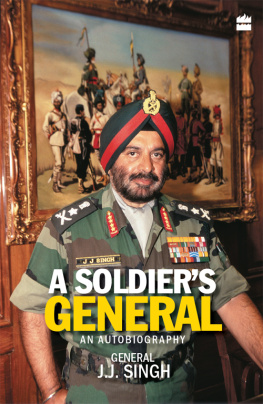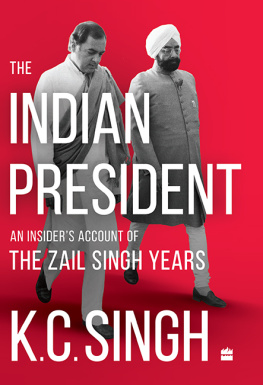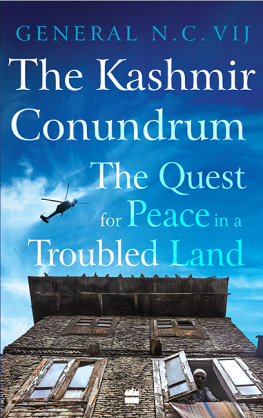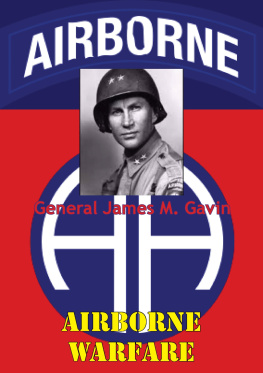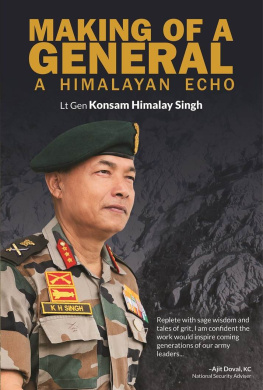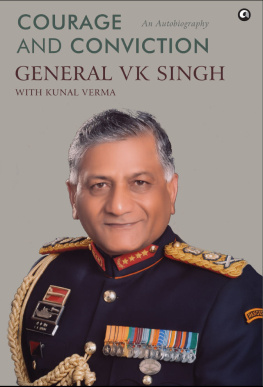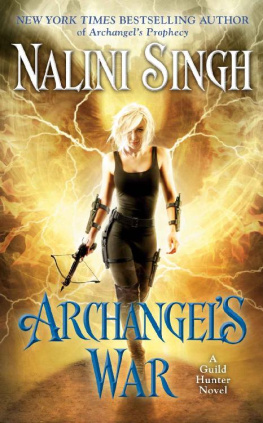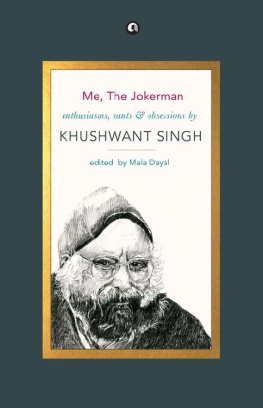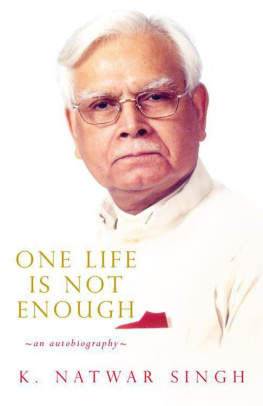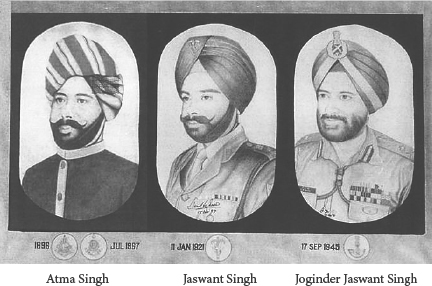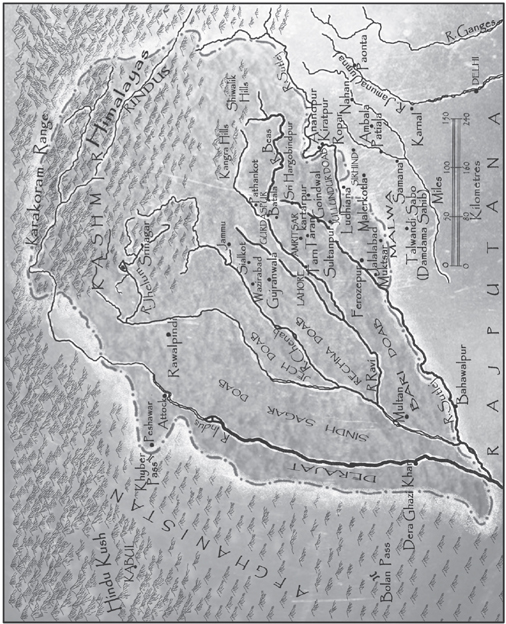T here comes a time in life when there is an inner voice urging you to write about your experiences, and chart the course of your life, with all its ups and downs. One day in November 2007, when my second innings in life was just beginning, Patwant Singh said he would like to help me write my memoirs. I thanked him but said I needed some more time. Alas, unluckily for me, that was not meant to be, for Patwant passed away soon thereafter.
At that point in time, some publishing houses had also expressed an interest in publishing my story even if it meant waiting for a few years. Further, my family, some fellow officers and friends, including media persons, kept asking me when or if I was coming out with my book.
Therefore, I decided to pen down my thoughts before my memory started to fade and the whole exercise became futile! What this book contains are my personal views. The constitutional position held by me has to some extent prevented me from writing about certain sensitive issues or writing more freely about some others. Frankly, I did face a moral dilemma while undertaking this project. Should I describe my achievements objectively, even if they might appear as self-praise, or take the mellow approach. My decision was to write about events as they happened and while doing so, be as factually correct as possible.
Perhaps I had more than my fair share of field or operational-area assignments. As a result, the conflict in my mind between duty and family was often palpable. However, not once did I ask anyone to exert an influence on the course of my career. Going through this journey on my own terms, taking the good and bad bounces, as happens in every round of golf one plays, nothing has been able to distract me from giving a full 100 per cent while doing an assigned task. Known for being cool under stress, I dont lose my composure easily, and it is not easy to take away the smile from my face no matter how great the challenge or daunting the circumstance. A famous and highly decorated cavalry regiment of ours, The Skinners Horse, has the motto Himmat-i-Mardan, Madad-i-Khuda (God helps the courageous), which is close to my heart. My own regiment, The Maratha Light Infantry, has the credo, Duty, Honour and Courage, which is equally dear to me.
Hard work, sincerity, dedication and destiny bestowed upon me the pride and honour of becoming the first chief of army staff from the elite Maratha Light Infantry Regiment, and the first Sikh to reach this rank. My tenure at the top of the pyramid was of two years and eight months, from 31 January 2005 to 30 September 2007. Regarded by commentators as a soldier, a professional and a thinking general, I brought into limelight that we were not just tough soldiers but that there was a humane face of the army too, that it was a peoples army. Zero tolerance was displayed by me with regard to false reporting and human rights violations and the unsound emphasis on killings and the numbers game. In 2007, the army came out with the doctrine of low intensity conflict, in which many of my precepts and ideas have been articulated, the most important one being the concept of an iron fist and a velvet glove.
It is a matter of great pride for me to have been appointed as the governor of Arunachal Pradesh, a strategically important state of our country. The variety of experience that life had in store for me, and the dreamlike army career that took me to the top of the ladder despite some close brushes with death and near-disasters, makes this the story of a survivor and a winner a lambi race ka ghora, as some friends have described me! Was it destiny or was there an element of luck? Frankly speaking, it has been difficult to fathom everything that has unfolded in life so far.
This then is my autobiography, although strictly speaking, the style is a little unorthodox and different. There is some experimental sketching of my innermost thoughts and a recreation of scenarios, a description of personal experiences and perceptions, and an account of the vicissitudes of life spanning six-and-a-half decades. I have endeavoured to be as objective, down-to-earth and truthful as possible, but have no pretensions to literary excellence. It is an account of a simple and straightforward soldier born without a silver spoon in his mouth, who reached the top without any godfather.
My gratitude to my immediate family my parents, my wife, Rohini, and children, Vivek and Sonia who had to face the challenges of life so often without me, and suffer the pangs of separation. My wife perhaps understood my compulsions, but I am not too sure if my children could always comprehend them. Perhaps now, when they read this, the culmination of a personal and intensely passionate endeavour of mine for the last few years, they will understand me better.
P ART I
ANCESTRY AND EARLY LIFE
Three generations in the service of the army.
And how can man die better
Than facing fearful odds,
For the ashes of his fathers,
And the temples of his Gods.
T.B. Macaulay, 1842
A Family Military Tradition
T hree generations of my family from 1914 to 2007 have served in the great Indian Army, making it almost a century of family military tradition in the service of the nation. And rising from the ranks to a four-star general in this period has been a unique achievement for us.
Our family roots take us back to the Aryans, or so was the conviction of my great-grandparents. I would like to believe this even if it is a myth! There appears to be a difference of opinion about the advent of the Aryans (between 2000 BC and 1500 BC ) in the Indus Valley, the plains of Punjab and beyond up to the Indo-Gangetic region. Marwaha (Merwaha), our clan, is believed to have come to the Punjab from Merv or Marusthal, and claims to have its origins in Central Asia. They are said to have entered southwest Punjab through the Bolan Pass, and their earliest traceable settlement was at Goindwal, near Amritsar (
My grandfather, Sepoy Atma Singh, was a burly Sikh. A fair-complexioned man, his rosy cheeks used to turn ruddier under the summer sun. He was a simple, down-to-earth sipahi, a private in the army. An accomplished drummer, he was in the Pipes and Drums platoon of 1/67 Punjab Regiment (presently 1st Battalion, the Parachute Regiment). In the good old days, the pipers were the traditional vanguard of the infantry battalions and led them into the battlefield. My grandpas pay was a meagre seventeen rupees or even less! We grew up hearing Colonel Bogeys march, or other martial music of the army, which he used to play with his knuckles on the dining table at dinner every day. He made us kids recite the mool mantra, the first stanza of our holy scripture, before food was served. After dinner, he would regale us with stories of the Great War. We would hear him with rapt attention.
Sketch 1.1: Punjab and the Sikh Empire.
Once, he recounted a story about his return to Daultala, our ancestral village near Rawalpindi, when he was discharged from the army after the war in 1918. As he had been wounded and his right hand had been incapacitated, he could not maintain his beard and long unshorn hair. Consequently, he had to shave them off. On reaching home, he knocked on the door but my grandmother, Ram Rakhi, refused to let him in, asking, Who is this firanghee, the native word for a European. She could not recognize him. Besides, he had acquired an even fairer complexion while recuperating in a hospital in the south of France. Theirs was a child marriage, as was customary then in the Punjab and in many other regions of India. It was only when he recounted to her some intimate details that she realized that he was, in fact,

